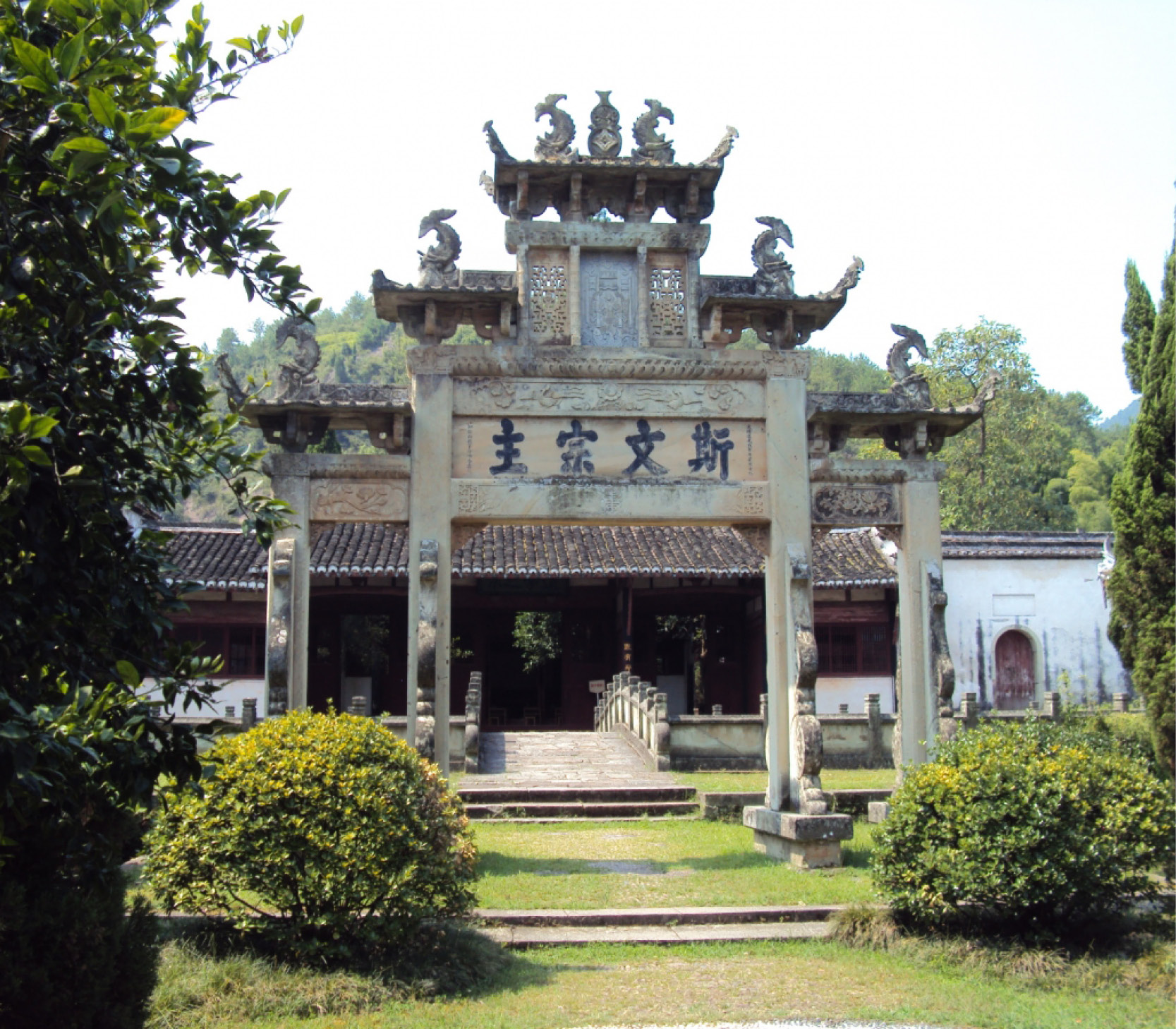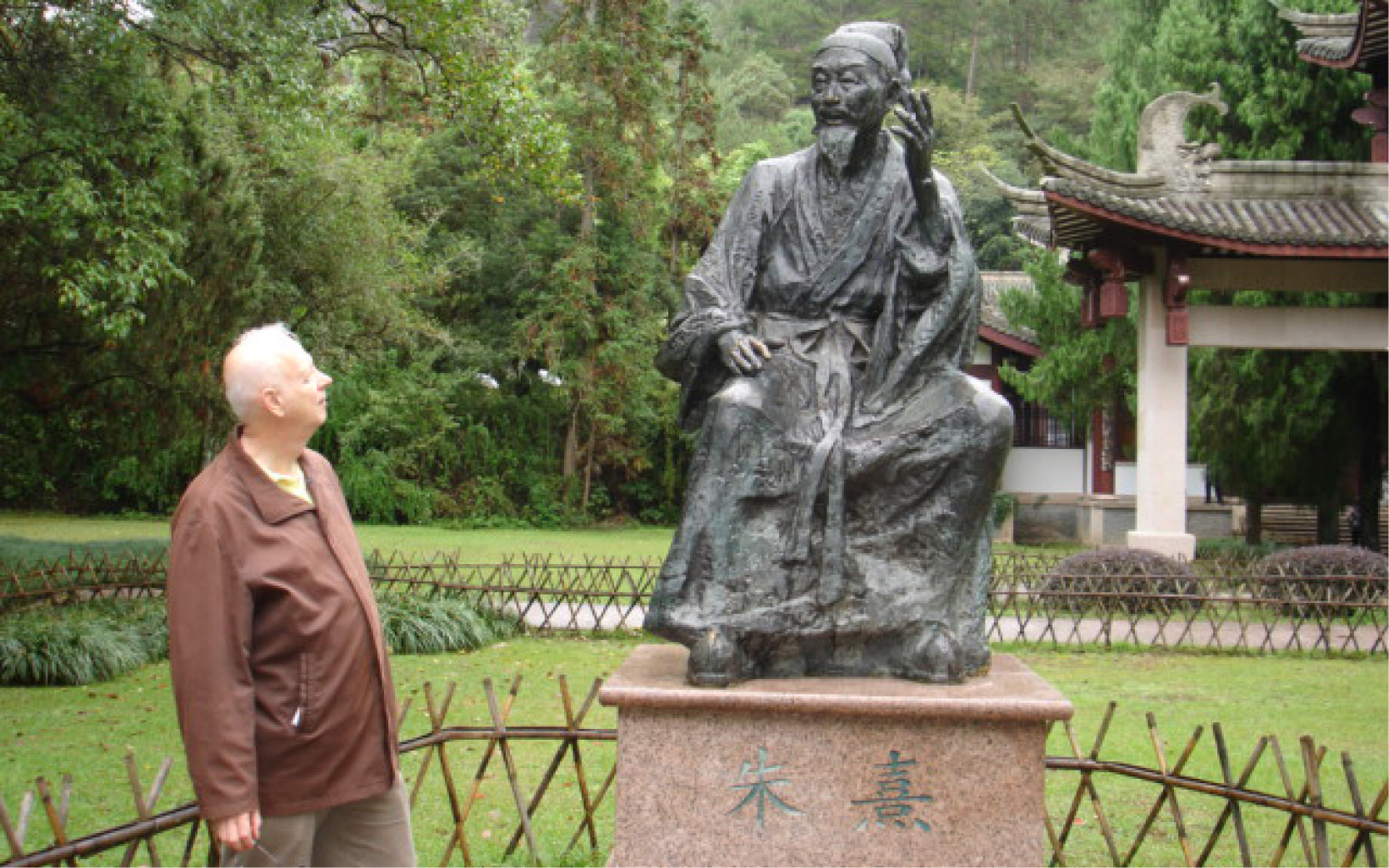
Culture and Power in China's History
An ASU international conference
Vision
Political power was embedded in Chinese culture in extraordinarily intense and uniquely complex ways. For instance, Frederick Wakeman characterized the contested relationship between imperial rulers and their scholar-officials as “counterpoised collaborators.” The court and the social elite shared considerable interests in “parenting” the people, but Chinese elites nevertheless held diverse views and approaches to state ideology, cultural values, social norms, and state policies, etc. Even more than the landed aristocracy of Europe, educated Chinese men only governed, outside of their hometowns, after successfully passing the civil service examinations, which therefore placed more emphasis on a constructed and evolving cannon of cultural knowledge as the justification of power (and as a practical tool for its implementation). In contrast to the “divine right of kings” in Europe, rulers in China were held to the moral standard of Confucius’ “sage king” and to competency in at least employing “talent” to govern the empire, or else lose the “Mandate of Heaven.” In other words, intellectual contestations over culture and morality had real-life implications for evaluating and sometimes reforming political programs.

The current world
Today, rulers and public intellectuals in China continue to utilize and manipulate China’s traditions to shape the currency of cultural capital and its role in the realm of power. To enhance our grasp of the nuanced interactions between culture and power, we are planning a forum of selected international scholars to examine crucial cases or examples of the tensions between culture and power in China’s history. These individual case studies will serve as a basis for our collective effort to clarify this perineal issue of the relationship between culture and power in defining how Chinese people understood the social and natural order.
Pictured: Hoyt Tillman, ASU professor

Scope
Individual papers will cover a wide range of topics and disciplines. For example, two papers address the issue of culture and power from the perspective of the history of science. Four additional papers center on modern China from the vantage point of intellectual and cultural history. The largest number of papers focus on the intellectual history of traditional China; however, several deal with culture and power through classical, ritual and religious studies. Other individual papers explore legal cases at the Manchu court, local society and administration during the Song, and other cultural issues in late imperial China.
Intended outcome
First, selected research outcomes and revised papers from this ASU conference (along with a follow-up conference in China) should result in an edited book and/or a special issue of journals. Second, although some of Tillman’s publications since the late 1970s sought to reflect on the question of the power of culture in China’s history, this conference will challenge Tillman to concentrate on this issue of culture’s power more fully in his retirement from 43 years of service to ASU.
This conference was made possible with generous sponsorship and donations. With special thanks to:
ASU Conference Sponsors
- Center for Biology and Society
- China Faculty of School of International Letters and Cultures
- College of Liberal Arts and Sciences Dean of the Humanities
- Schools of International Letters and Cultures
- AZ Center for Medieval and Renaissance Studies
- Institute for Humanities Research
- School of Historical, Philosophical and Religious Studies
International Conference Sponsors
- Chiang Ching-kuo Foundation for International Scholarly Exchange
Conference Donors
- Budd Peabody
- Hoyt Tillman
With special thanks to Jane Maienschein!
ASU Map including hotel and workshop location.
Please visit https://www.tempetourism.com/ for information on Tempe's restaurants and services.
Tempe's Welcome Brochure provides rich detail on Tempe and the local area.